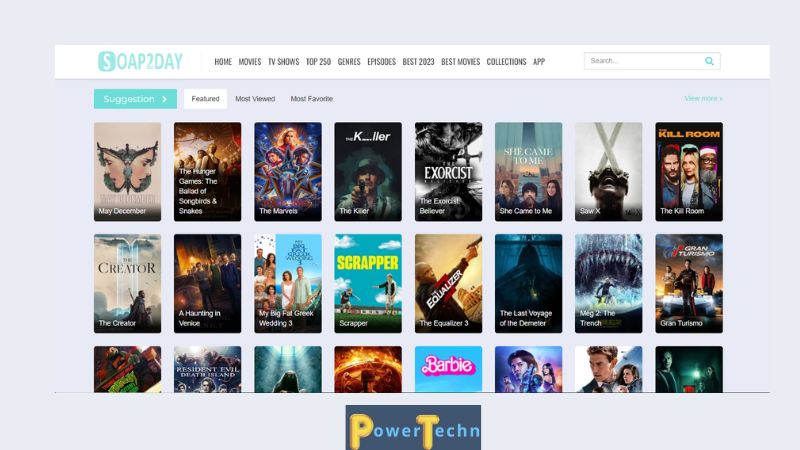Streaming Entertainment
In the rapidly advancing digital era, streaming entertainment has emerged as a game-changer, revolutionizing the way we consume content. Gone are the days of traditional cable television, as streaming services have taken center stage, offering a vast array of content at our fingertips. This shift in consumption habits has not only reshaped the entertainment industry but has also given rise to new opportunities and challenges. In this article, we will explore the evolution of streaming entertainment, its impact on traditional media, and the future it holds.
Table of Contents
ToggleThe Rise of Streaming Platforms:
Streaming entertainment gained momentum in the early 2000s, with the advent of high-speed internet and improved video compression technologies. Platforms like Netflix and Hulu paved the way for a new era, allowing users to access a diverse range of content on-demand. The ability to binge-watch entire seasons of TV shows or discover films from around the world became a defining characteristic of this digital revolution.
The Success Story of Netflix:
One cannot discuss streaming entertainment without acknowledging the groundbreaking success of Netflix. What started as a DVD rental-by-mail service transformed into a global streaming giant, boasting millions of subscribers worldwide. Netflix’s original content, including critically acclaimed series like “Stranger Things” and “The Crown,” demonstrated the platform’s commitment to producing high-quality, exclusive content, challenging traditional networks and studios.
Diversification of Content:
Streaming platforms have not only changed how we watch content but also what we watch. The era of one-size-fits-all television programming has given way to a diverse range of content catering to niche audiences. From documentaries and reality shows to foreign language films and animated series, streaming services offer something for everyone. This diversification has democratized entertainment, allowing creators to reach global audiences with unique and varied content.
The Impact on Traditional Media:
As streaming services continue to gain popularity, traditional media outlets, particularly cable television, have faced significant challenges. The “cord-cutting” phenomenon, where viewers abandon traditional cable subscriptions in favor of streaming services, has become more prevalent. This shift has forced traditional networks to adapt or risk becoming obsolete, leading to the creation of their own streaming platforms.
Competition and the Streaming Wars:
The success of pioneers like Netflix sparked a wave of new entrants into the streaming arena, giving rise to what is commonly referred to as the “streaming wars.” Major players such as Amazon Prime Video, Disney+, Apple TV+, and HBO Max entered the fray, each vying for a share of the rapidly growing streaming market. This competition has led to an influx of original content, big-budget productions, and exclusive licensing deals, ultimately benefiting consumers with a wealth of options.
The Impact on Filmmaking:
Streaming platforms have not only changed how we consume content but also how content is created. The traditional Hollywood studio system, with its focus on theatrical releases, has seen a shift towards streaming-friendly productions. Streaming services offer filmmakers a platform to explore innovative storytelling, take creative risks, and reach a global audience without the constraints of traditional distribution models.
Challenges and Concerns:
While streaming entertainment has brought about numerous benefits, it has also raised concerns and challenges. The issue of content fragmentation, where exclusive shows and movies are spread across various platforms, has led to subscription fatigue for some users. Additionally, there are concerns about data privacy, as streaming platforms gather vast amounts of user data to personalize recommendations and advertising.
The Future of Streaming Entertainment:
As technology continues to advance, the future of streaming entertainment holds exciting possibilities. The integration of augmented reality (AR) and virtual reality (VR) into streaming experiences could revolutionize how we engage with content. Interactive storytelling, where viewers have the ability to shape the narrative, is another frontier that streaming platforms may explore.
Conclusion:
Streaming entertainment has transformed the way we access and experience content, reshaping the entertainment landscape. From the rise of streaming giants like Netflix to the streaming wars and the impact on traditional media, the journey has been both transformative and disruptive. As we look ahead, the future of streaming entertainment promises even more innovation and change, marking a thrilling chapter in the ongoing digital revolution.






